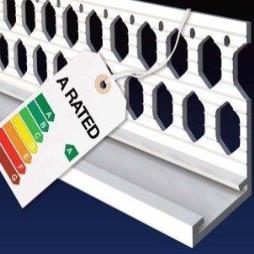Renderplas Contributing to Sustainability in the External Envelope
31-07-2014
Visit the Renderplas Ltd website for more information on Renderplas Contributing to Sustainability in the External Envelope




